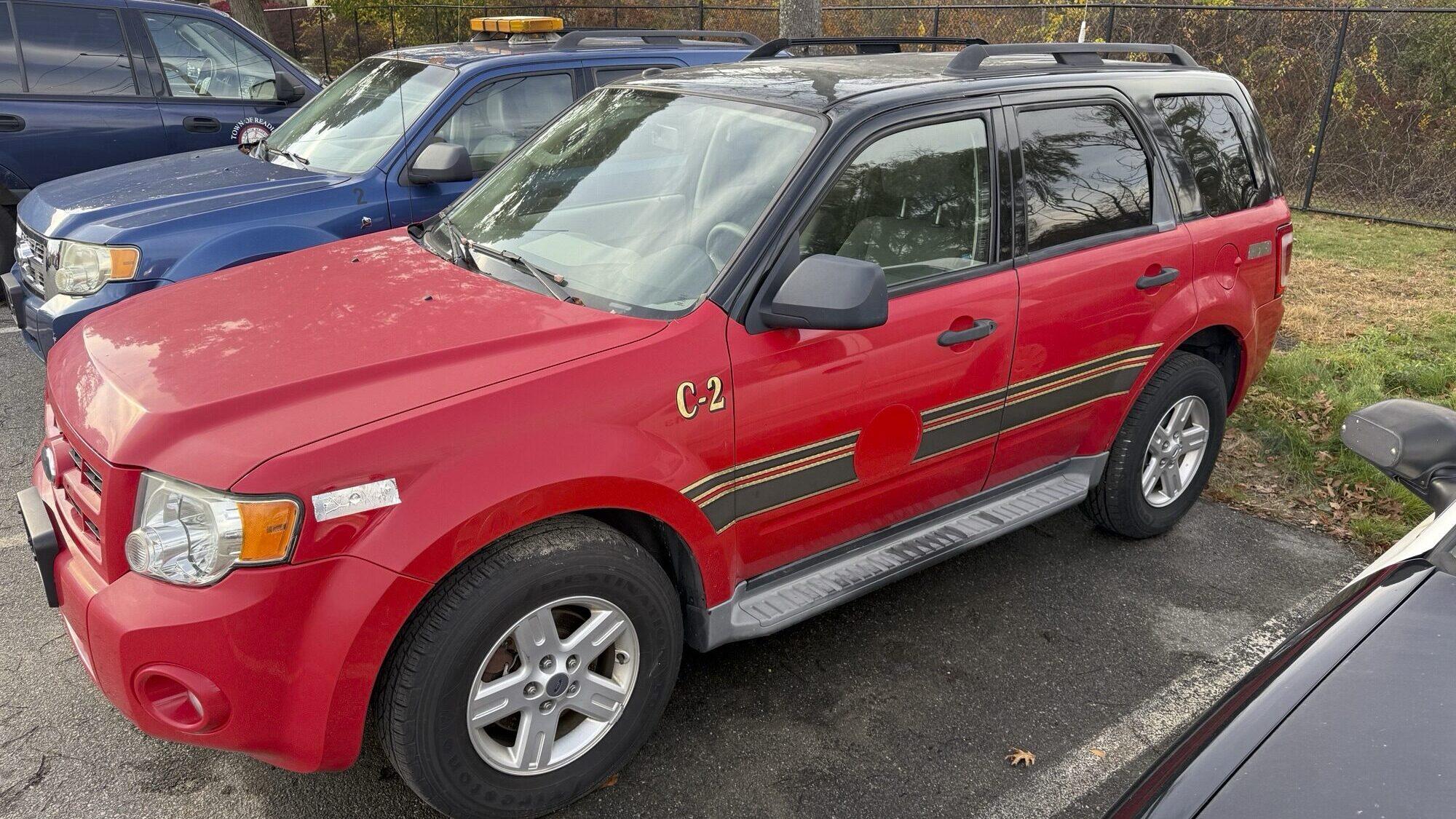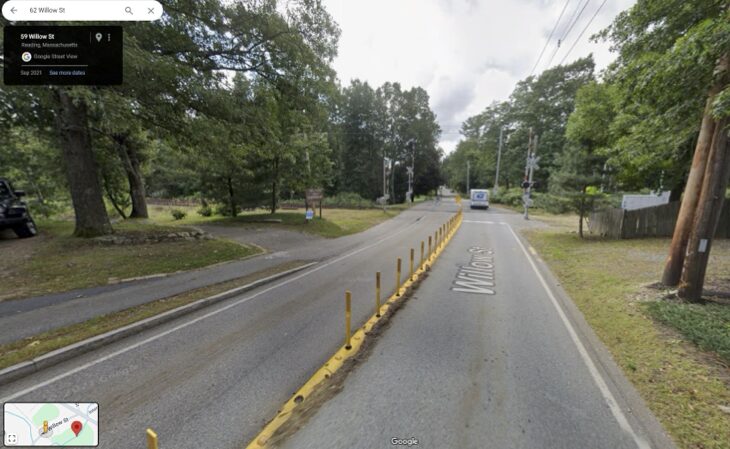Reading, MA — After multiple sessions of discussion, the Select Board voted 3-2 to approve a pilot program for up to 500 households per year to install or activate second water meters in their homes. These second meters would be used exclusively to measure outdoor water usage. The approved motion also included a series of fees for inspections, equipment, as well as penalties for violations. The water rate for the second meter will be $12.17 per one hundred cubic feet of use. This rate was suggested by member Melissa Murphy as an average of the current water rate tiers. Residents will not be charged a sewer fee for water usage on the second meter.
According to Director of Public Works Chris Cole, residences that already have a second meter will require an inspection and an update to the second meter in order to work with current systems. The board agreed that homeowners who currently have a second meter will have a thirty-day head start to apply for the program.
secondwatermetersSelect Board member Christopher Haley, who has championed the development of the concept, offered the idea that if the town uses more water, rates will decrease, especially in three years after the Massachusetts Water Resources Authority buy-in debt is retired. Member Mark Dockser suggested that the rate be tied to the rate for the highest tier or higher, as is done in many other communities. He also expressed concern that the concept of encouraging more usage is taking the town in the wrong direction.
Select Board member Karen Herrick indicated that she opposed the entire program, balking at the notion that people should not have to pay for services they do not use, citing the schools as an example. She also stated that she would be opposed to a program that benefits a small number of people while shifting the costs “to seniors and families.” She also asked how the success of the program will be measured.
Haley reiterated his belief that the program will lower the overall bills for people.
Both Dockser and Herrick also shared concerns about how the reduction in sewer income would adversely affect rates for those who do not participate in the program. At the same time, Murphy suggested that the sewer reserves could be used to mitigate the impact of the decreased sewer revenue.
Chair Carlo Bacci argued for expanding the program from the initially discussed 400 households to 1,000 or even an unlimited number and for the program to last for a minimum of five years. Haley offered the compromise of 500 a year, noting that future boards could overturn these decisions at any time.
Both Dockser and Herrick voted against the motion, with Herrick stating that “this will increase water and sewer bill amounts for anyone who does not take advantage of this policy.”
Senior Planner for Economic Development Kevin McCarthy provided an update to the board, emphasizing his outreach to businesses and listening to their concerns. He noted that parking is still a topic of discussion for downtown business owners, though they report that few customers report having to circle the block to find parking. He also noted that this was a topic where “it will be impossible to satisfy everybody.”
McCarthy also noted that the Reading Municipal Light Department is looking to consolidate its operations on its Ash Street campus and will continue the discussion regarding better use of the identified “Eastern Gateway” part of town. He also reported that downtown businesses have decided to move away from the concept of a Business Improvement District in favor of a voluntary opt-in program called Main Streets.

In other matters, the board voted 5-0 to appoint staff to the 360 review of Town Manager Matthew Kraunelis; it voted 5-0 to approve a double driveway at 264 Ash Street and voted 5-0 to declare a fire department car as surplus. By a 5-0 vote, the board approved the annual renewal of local liquor licenses and also voted 5-0 to revise its volunteer interview policies.
After a brief presentation from police Lieutenant Christopher Jones, the board voted 5-0 to place an official right turn-only sign where vehicles depart the parking lot of the Maillet, Sommes, and Morgan conservation land on Willow Street. The board also voted 5-0 to place a left turn prohibited sign on the northbound side of Willow Street at the same location.

The parking lot entrance and exit are where delineators have been placed to prevent vehicles from maneuvering around the lowered gates where the train tracks cross Willow Street. Town Engineer Ryan Percival explained that the delineators are required by law in order to prevent trains from using their horns at the location.
The Select Board adjourned at 10:45 pm to executive session.
